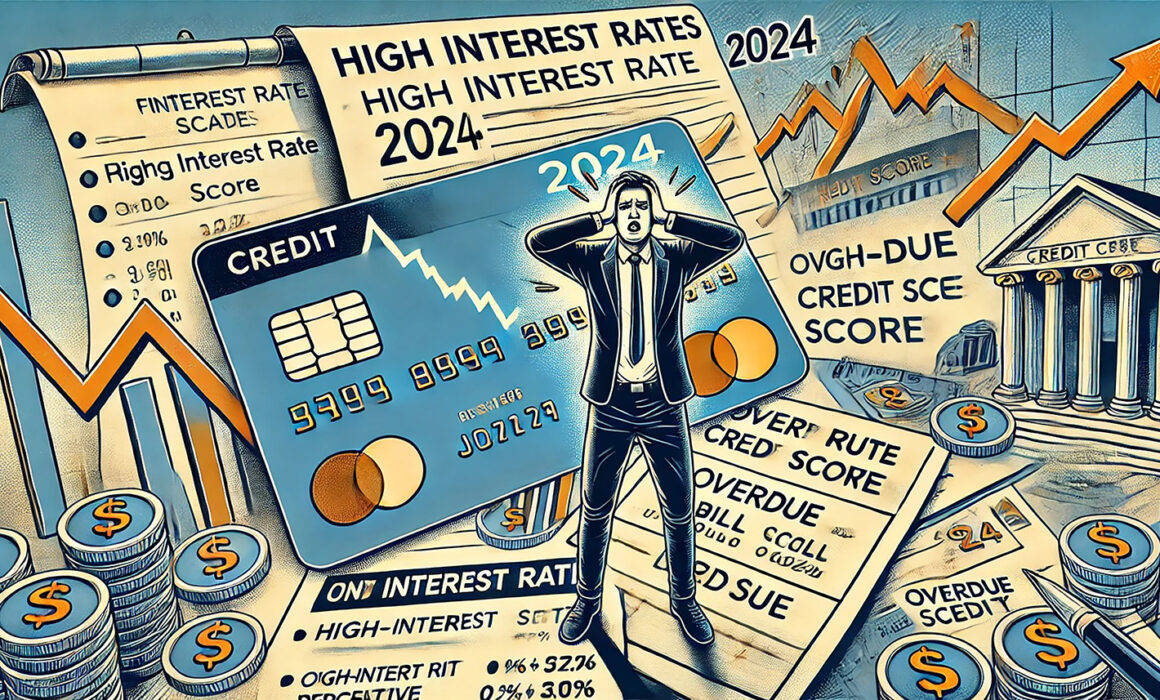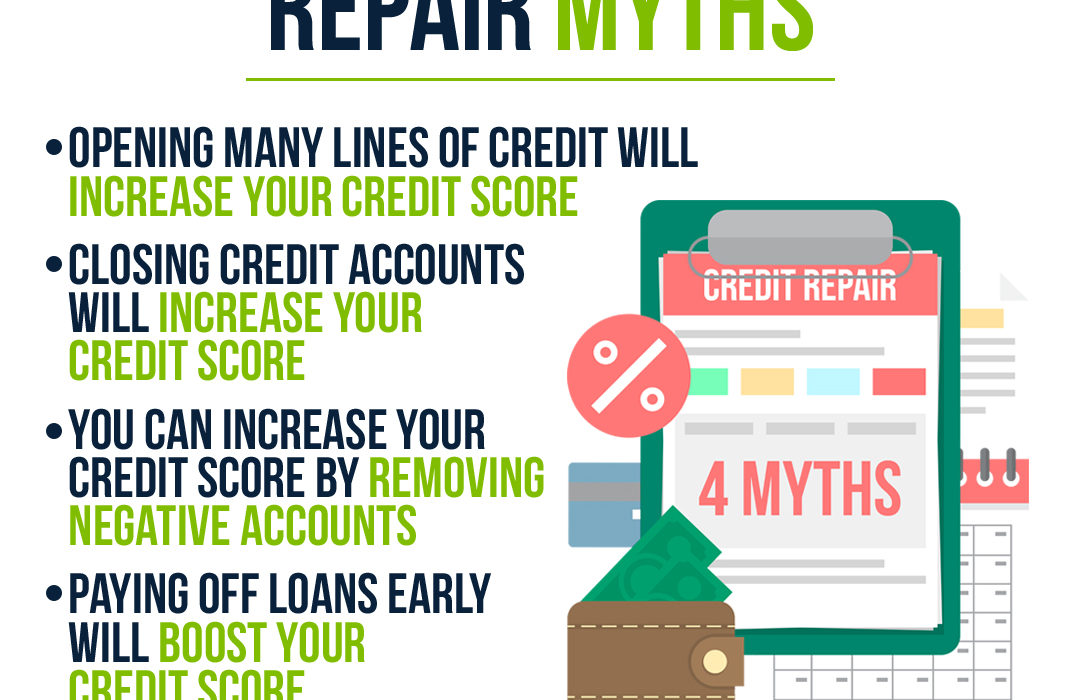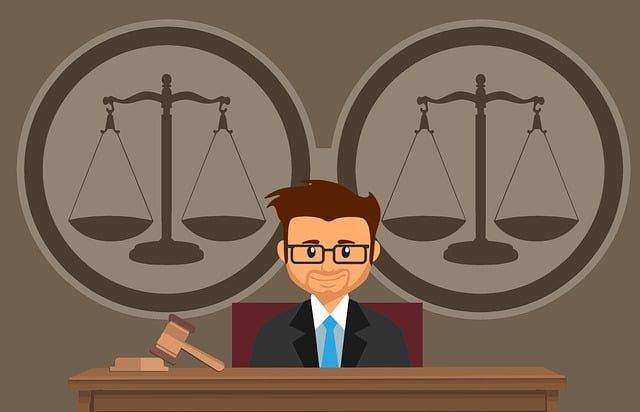A Guide from Your Trusted Credit Repair Business
The year 2024 has been challenging for many, with the economy taking a downturn and interest rates reaching new heights. These economic shifts have significantly impacted individuals’ financial health, particularly their credit scores. As your trusted credit repair Blog, we’re here to help you understand these changes and guide you toward maintaining and improving your credit score during these turbulent times.
The Economic Downturn of 2024
The economy in 2024 has faced multiple challenges, including slow growth, high inflation, and widespread job losses. These factors have created a ripple effect, influencing various aspects of personal finances:
- Increased Debt Levels: With job losses and reduced income, many individuals rely on credit cards and loans to make ends meet. This increase in borrowing can lead to higher debt levels, negatively impacting credit scores.
- Late Payments: Economic hardship often leads to difficulty meeting financial obligations on time. Late payments on credit cards, mortgages, and other loans are a major factor in credit score declines.
- Defaults and Bankruptcies: Unfortunately, some individuals have faced such severe financial strain that they have defaulted on loans or declared bankruptcy. These actions have a significant and long-lasting negative impact on credit scores.
High Interest Rates: A Double-Edged Sword
The Federal Reserve’s decision to hike interest rates to combat inflation has had mixed effects on consumers:
- Higher Borrowing Costs: With higher interest rates, borrowing money becomes more expensive. This can lead to increased monthly payments on existing variable-rate loans, such as credit cards and adjustable-rate mortgages, making it harder for individuals to manage their debt.
- Reduced Access to Credit: Higher interest rates can make lenders more cautious, leading to stricter lending criteria. This means fewer people qualify for loans, and those who do may face less favorable terms, further straining their financial situation.
- Savings vs. Debt Dilemma: While higher interest rates benefit savers, most people with significant debt see their financial burdens increase. This situation can create a cycle where paying down debt becomes increasingly difficult, negatively impacting credit scores over time.
How to Protect and Improve Your Credit Score
Despite the challenging economic conditions, there are steps you can take to protect and improve your credit score:
- Budget Wisely: Create a detailed budget that prioritizes essential expenses and identifies areas where you can cut back. This can help you manage your finances better and avoid missing payments.
- Prioritize Debt Repayment: Focus on paying down high-interest debt first. Consider consolidating debt at a lower interest rate if possible, but be mindful of the terms and potential impact on your credit score.
- Stay Current on Payments: Make every effort to pay at least the minimum due on time. Set up automatic payments or reminders to help ensure you don’t miss any deadlines.
- Monitor Your Credit Report: Regularly check your credit report for errors or signs of fraud. Dispute any inaccuracies promptly to keep your credit report accurate.
- Seek Professional Help: If you’re struggling to manage your debt and improve your credit score, consider seeking help from a reputable credit repair service. We can provide personalized advice and strategies tailored to your unique financial situation.
Conclusion
The economic challenges of 2024 and rising interest rates have undeniably affected many people’s credit scores. However, by understanding these impacts and taking proactive steps, you can navigate these turbulent times and work towards improving your credit health. Onpath Credit Repair is here to support you every step of the way. Contact us today to learn more about how we can help you achieve a stronger financial future.










Recent Comments